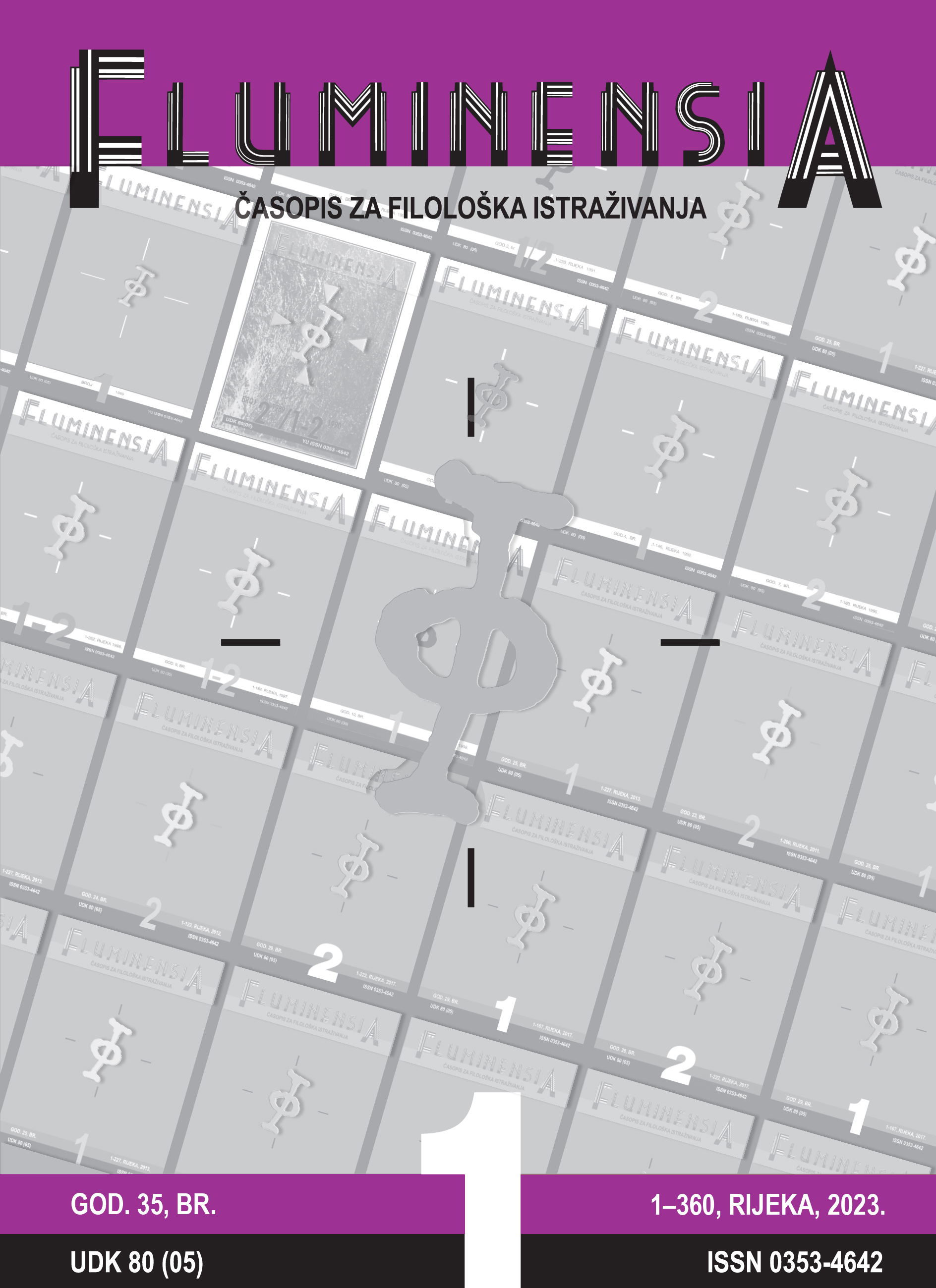THE NORMALIZATION OF VOWEL FORMANTS – A CASE STUDY OF CROATIAN AND SERBIAN
Keywords:
vowels, formants, normalization, Croatian, SerbianAbstract
The aim of this study was to compare the results of a traditional formant analysis of vowels with the results of normalization systems on the example of Croatian and Serbian speech. Male native speakers of Croatian and Serbian were used for this study (N=92). Traditional results of formant analyses express differences among analysed groups of speakers caused by linguistic, sociolinguistic, but also physiological factors. Considering that the values of formant vowels are influenced by many factors, including idiosyncratic physiological characteristics of the vocal tract, normalization approaches remove those variables among speakers that are caused by mutual physiological differences. Therefore, the dialectal, inter-linguistic and/or sociolinguistic differences among speakers whose speech is being analysed are isolated in a scientifically more objective way. The results of this study have shown that formant values are more grouped together and centralized (especially in vowels [a] and [i]), than in non-normalized results within each language individually. This contrastive analysis has shown that in Croatian [i], [o] and [u] are more closed and frontal, the vowel [a] is more closed and back, and the vowel [e] is more open and front, in relation to the vowels in Serbian. This study exemplifies the advantage of normalization systems in the interpretation of acoustic results.

